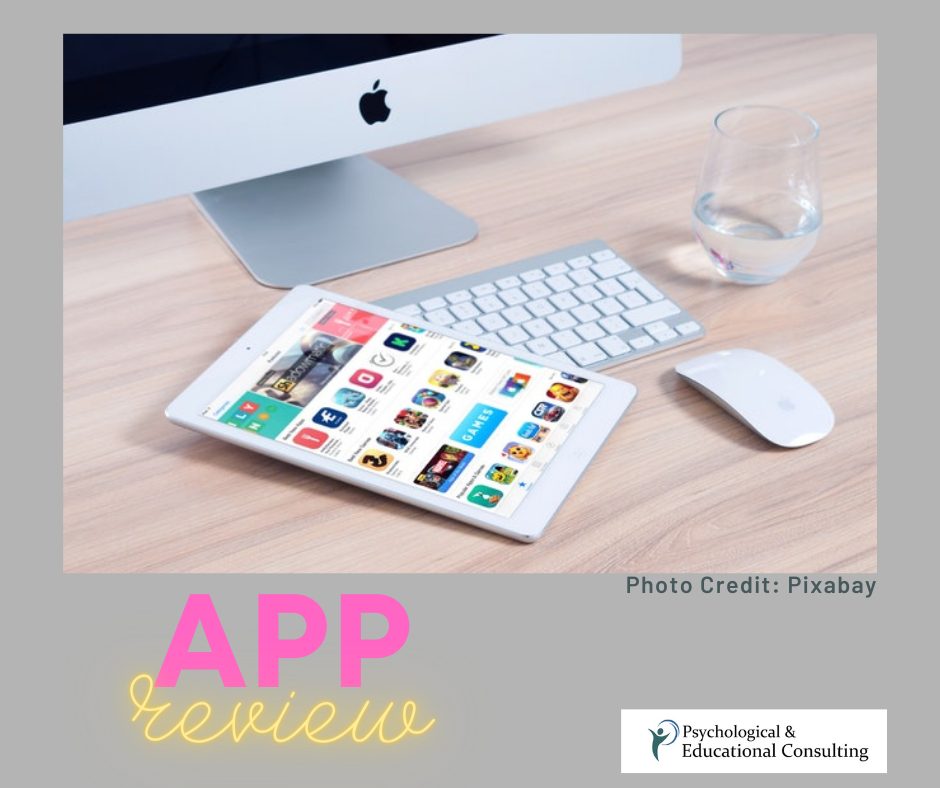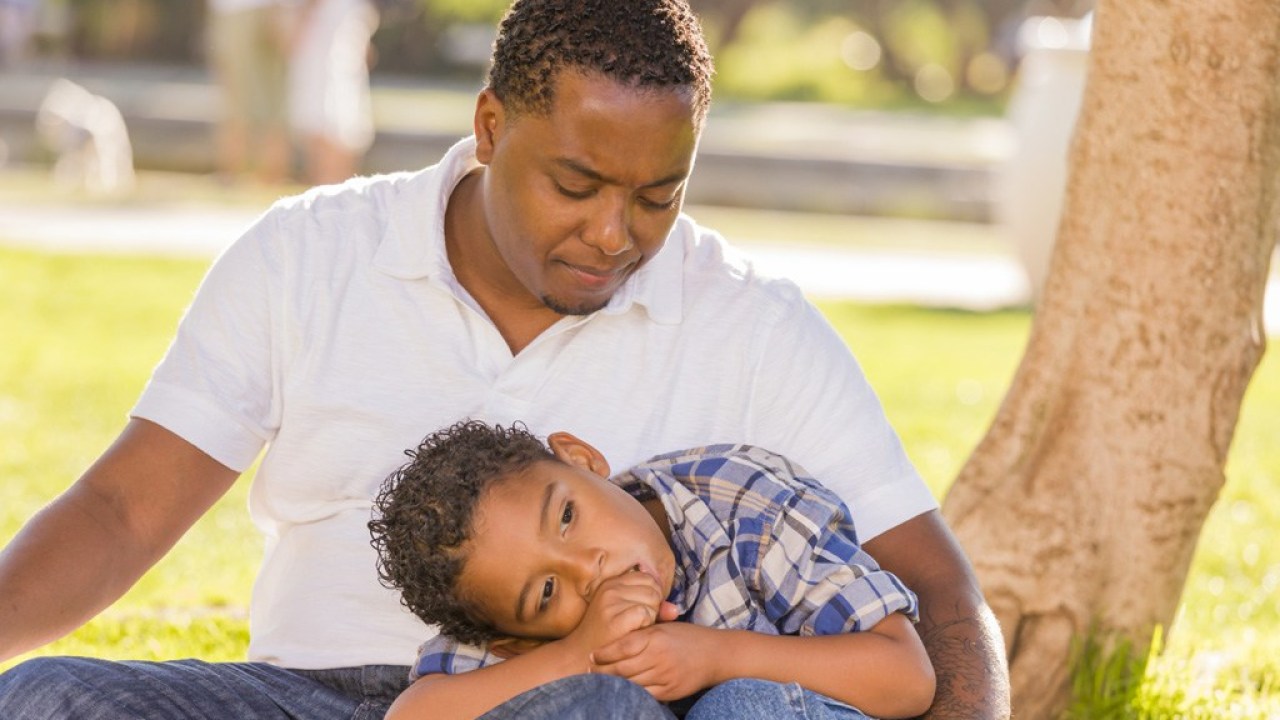7 Strategies for Getting Through Virtual Learning During COVID-19
Written by Dr. Liz Matheis/ Published 1.18.2021 on www.shieldhealthcare.com
Virtual Learning. It’s become the bane of our existence.
As parents, we are watching our children struggle while we struggle with them. Our children are having a hard time paying attention, finding assignments, completing them, and turning them in via virtual learning. It requires additional skills such as typing, navigating email, portals such as the Google Classroom and grading portals. Prior to the pandemic, many of our children entered into the classroom, were supervised during each task, had the ability to ask questions, and were provided with handouts that they were able to complete and return without forgetting to click “Turn In.”
For middle school students and high school students, it is difficult for our children to sit for hours and complete written or online work. For example, if your child has ADHD, sitting at a desk or table for several hours will likely result in lost periods of time staring out the window, chatting with friends, or even staring at the riveting ceiling fan.
For younger students, it’s difficult to cover the multiple demands of being a student with little teacher assistance through a computer. Our young children are required to type some of their responses, or even essays. How many children in kindergarten do you know who are proficient typists? Not many. That leaves parents to type their children’s answers or incomplete assignments if parents are not available.
With teaching taking place via video screen, there is plenty of room and time for our children to log on to YouTube or watch videos while appearing to be present and attentive in class. For many adolescents and young adults, they are struggling to get started on assignments and end up having multiple missed assignments which is resulting in lower grades than in past years. Low motivation and anxiety and depression are also on the rise for many of our children. They miss seeing friends, walking to school, getting on and off the bus, participating in specials and playing on the playground.










